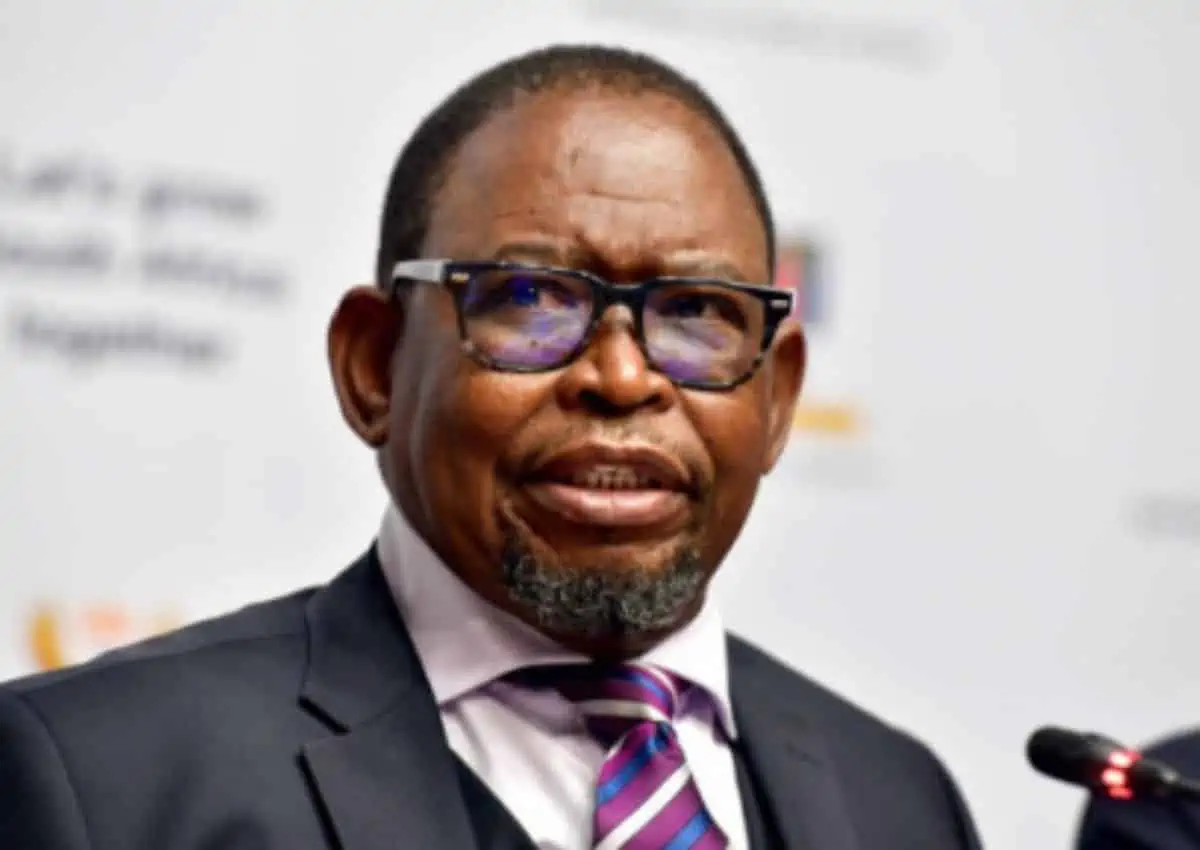Finance Minister Enoch Godongwana will present the Medium-Term Budget Policy Statement on Wednesday (26 October) with many parties hoping the speech will build confidence in the struggling economy.
Several bodies expect the speech to address critical factors surrounding fiscal and economic sustainability in South Africa.
ESKOM CRISIS
State owned entity Eskom has been mired in financial crisis for years and has roughly R400bn in debt it cannot afford to service.
The utility has required constant bailouts that have placed public finances under huge strain, with officials struggling to find ways to solve the problem.
An expected announcement may shed light on a long-awaited transfer of a portion of Eskom’s liabilities to the National Treasury, part of an effort to ensure the struggling utility becomes sustainable. Most economists polled by Bloomberg forecast the government will absorb half the burden.
The decision will shape the revised fiscal framework for the next three years that Godongwana will unveil in parliament. At stake is the ability to stabilise debt as spending demands grow at a time when sluggish economic growth and mounting price pressures pose a threat to stability.
“While the transfer of debt from Eskom to the sovereign would result in a further deterioration in fiscal metrics, it could well be the only choice available to shore up the power utility’s finances and the country’s economic prospects,” PwC said in a research note.
GRANTS- INCLUDING BASIC INCOME GRANT
The BER said that a concern on the expenditure front is whether Treasury provides for an extension of the R350 per month social relief of distress (SRD) grant and, if so, whether there are explicit tax increases provided in the fiscal framework to finance this.
Other like Citadel’s Chief Economist, Maarten Ackerman, are keeping an eye out for anything related to a basic income grant.
“In terms of South Africa’s macro-Economic outlook, it’s essential to note that there was yet another revenue windfall in addition to the revenue overruns in recent years. So, we’ll need to see what the finance minister does with that,” Ackerman said.
“We’d like to see the windfalls being used productively- not just on once-off, temporary social spending that does little to nothing to drive economic growth.”
Source: Sowetan Live, Business Tech, Business Day, image from Twitter: @Newsbreak_Lotus
